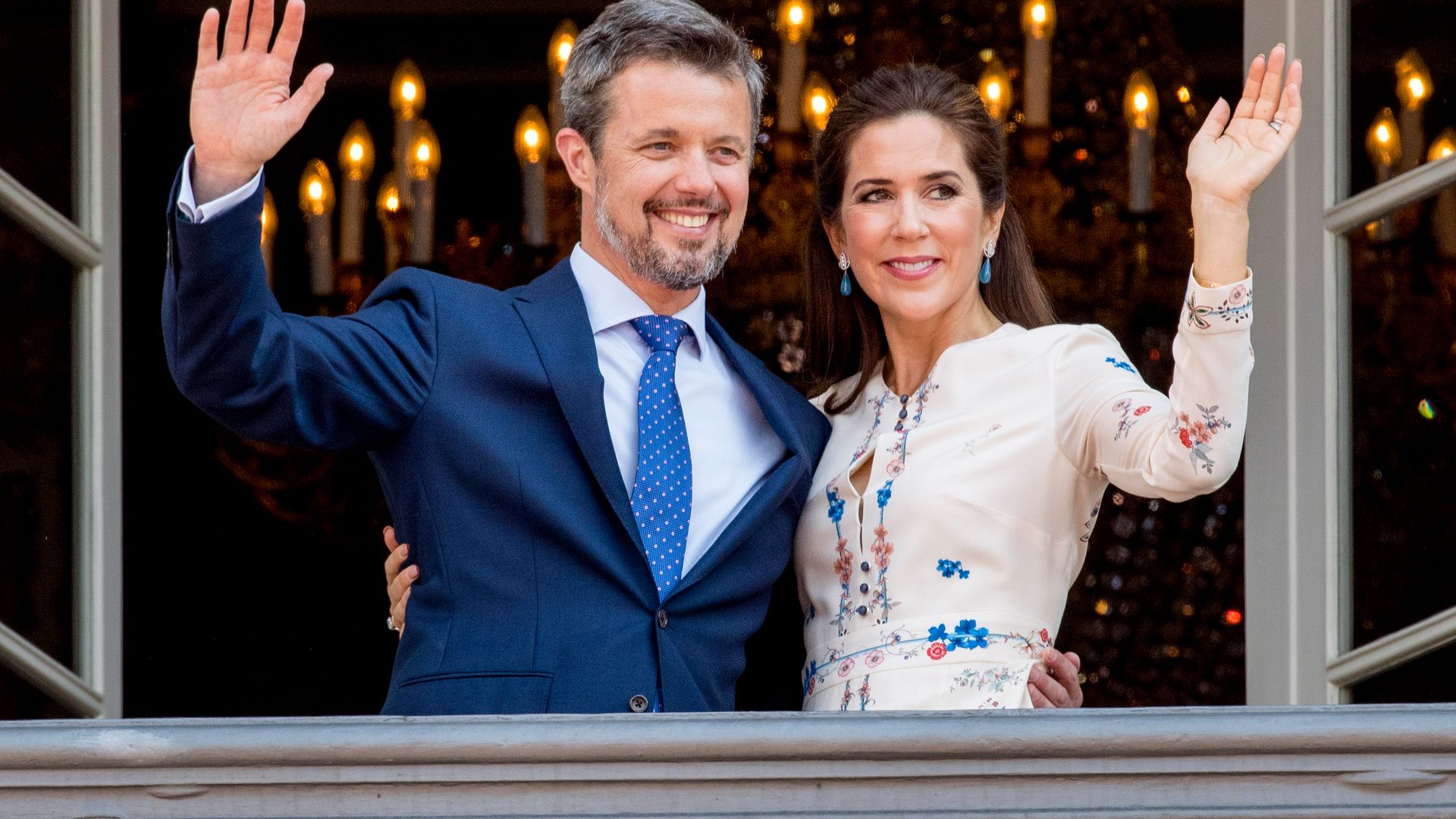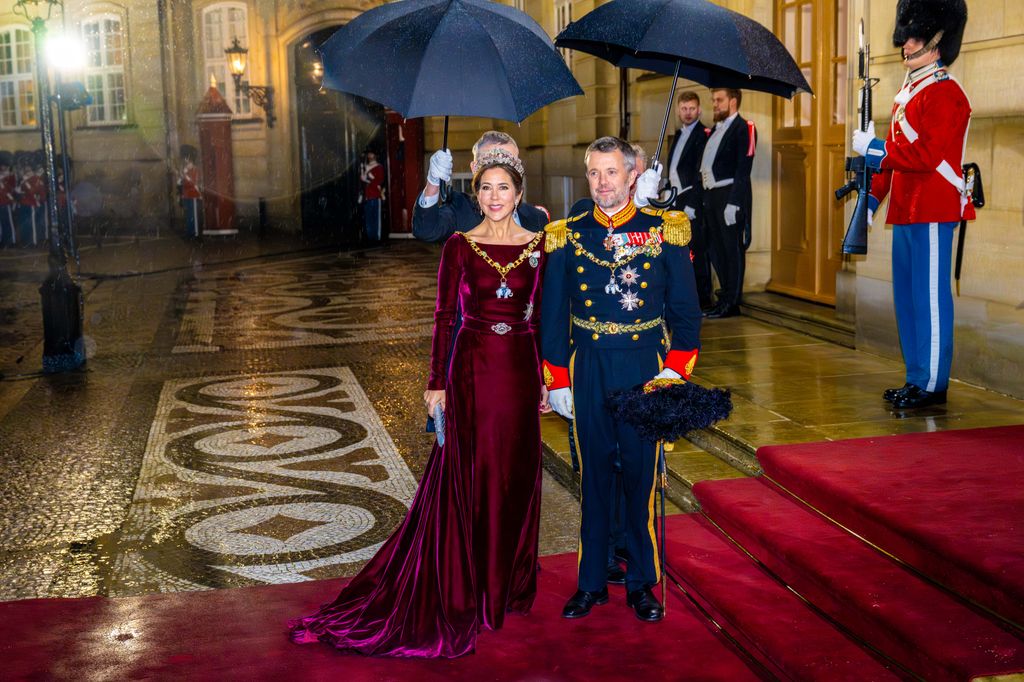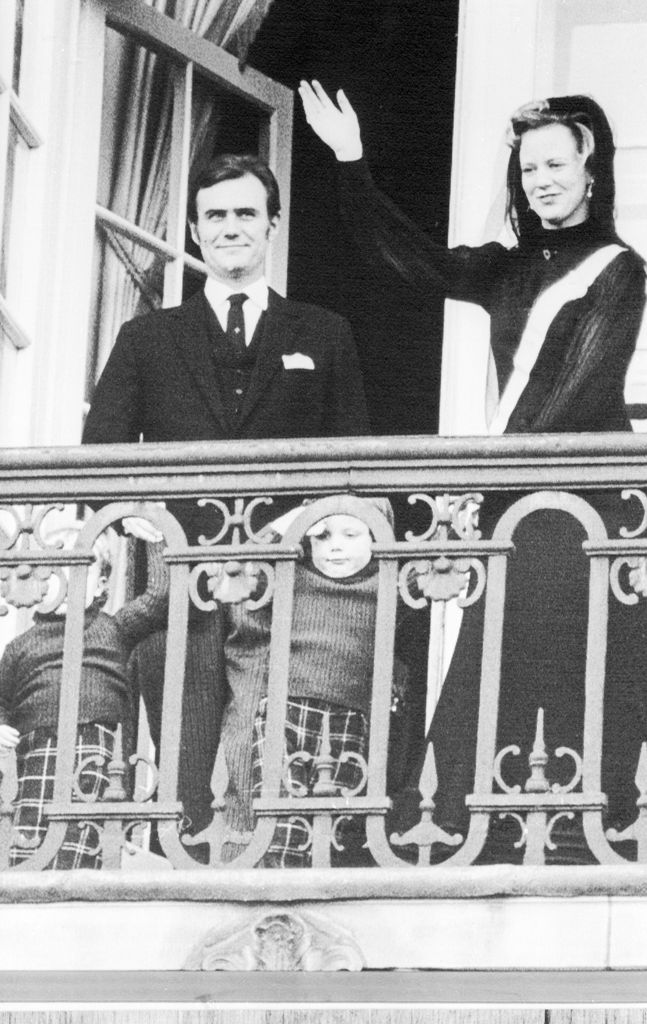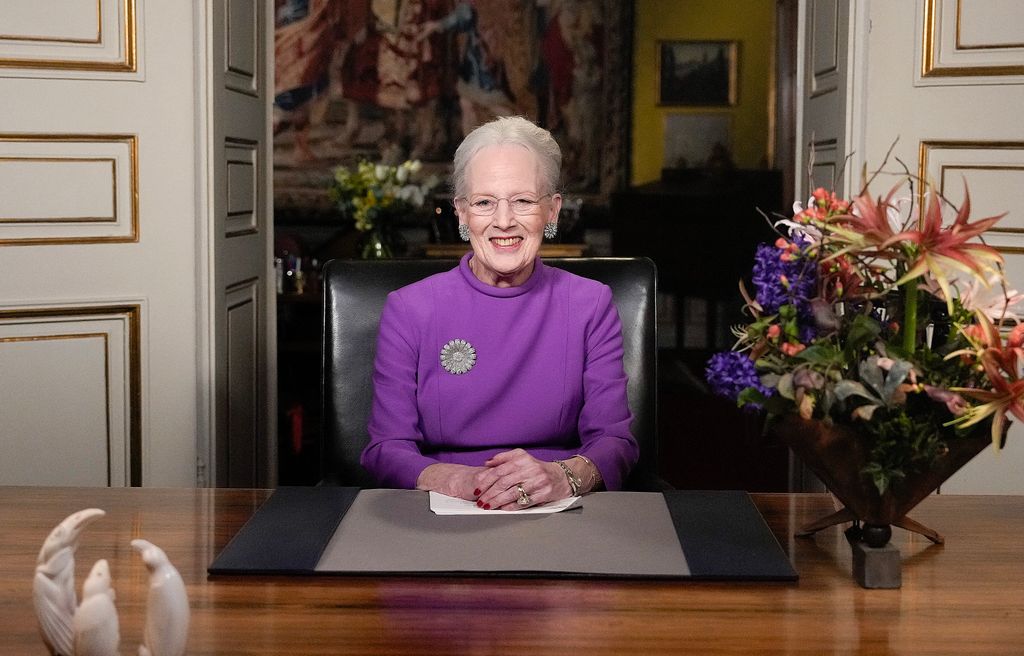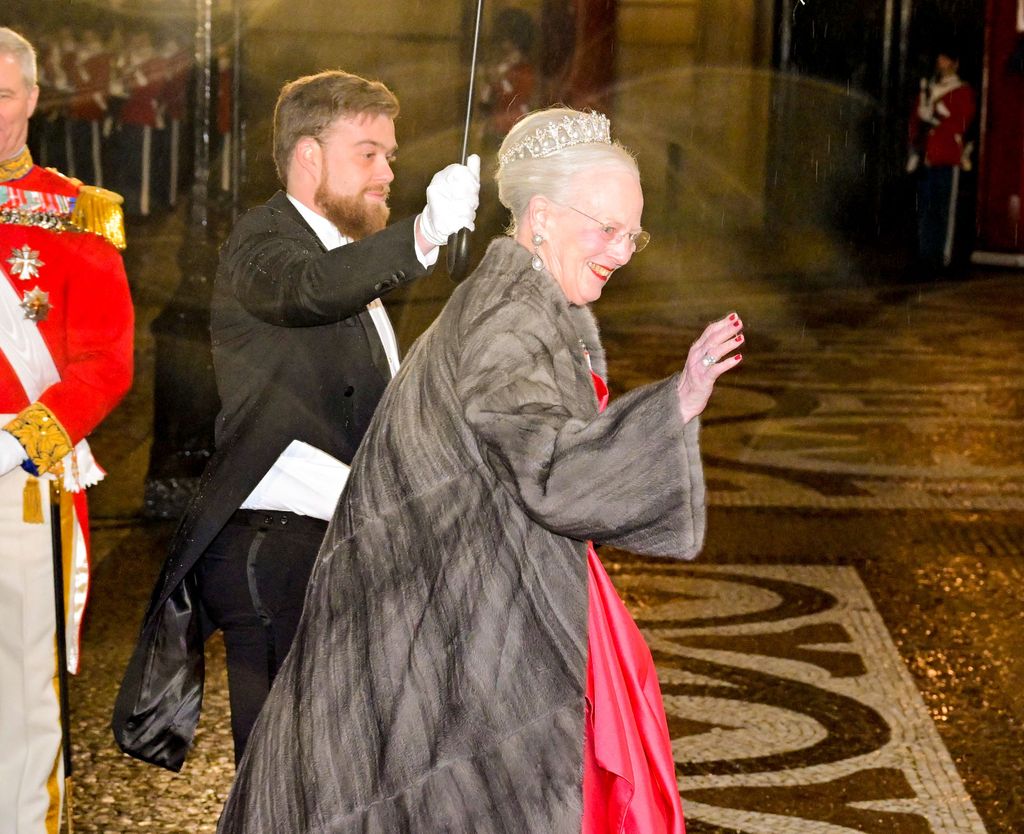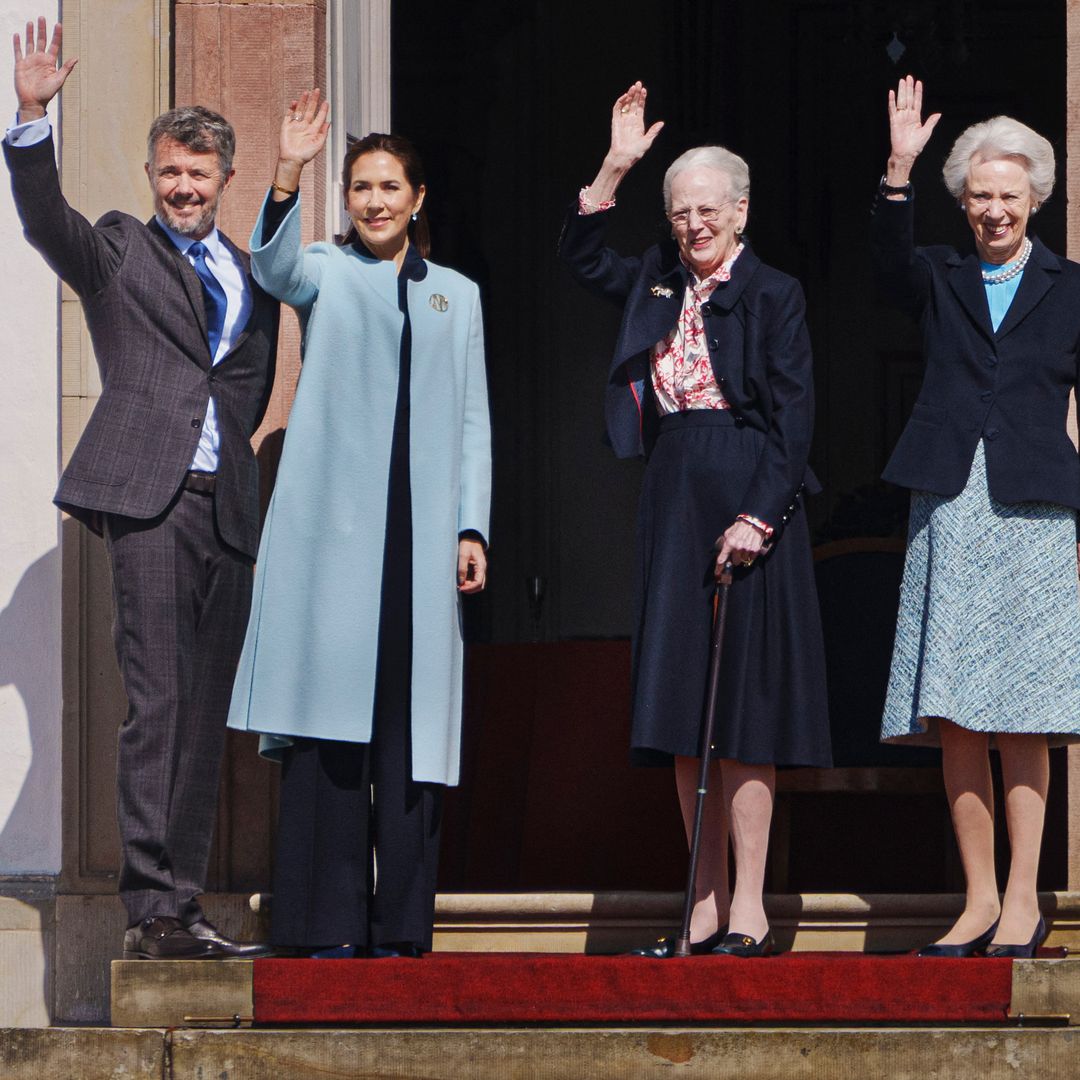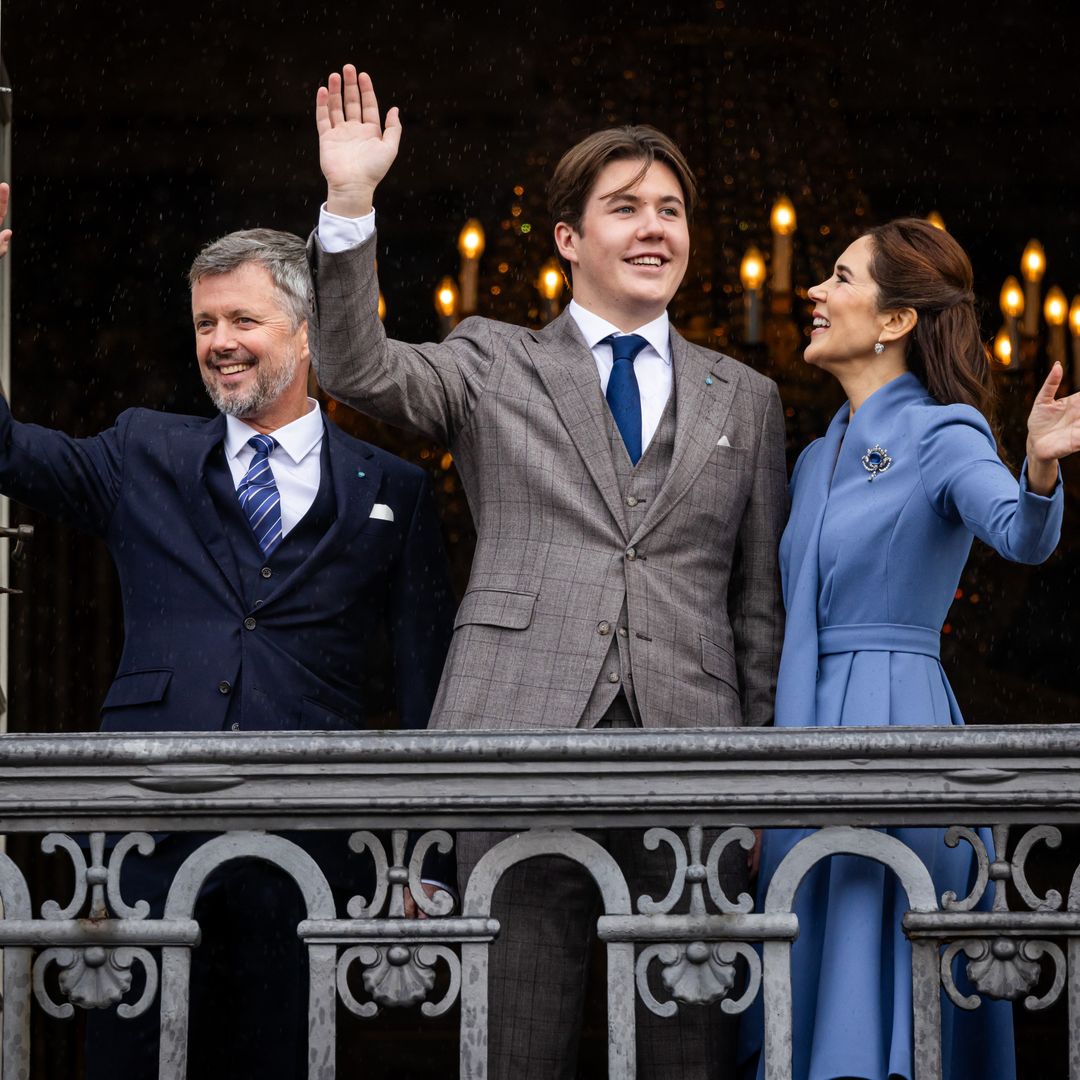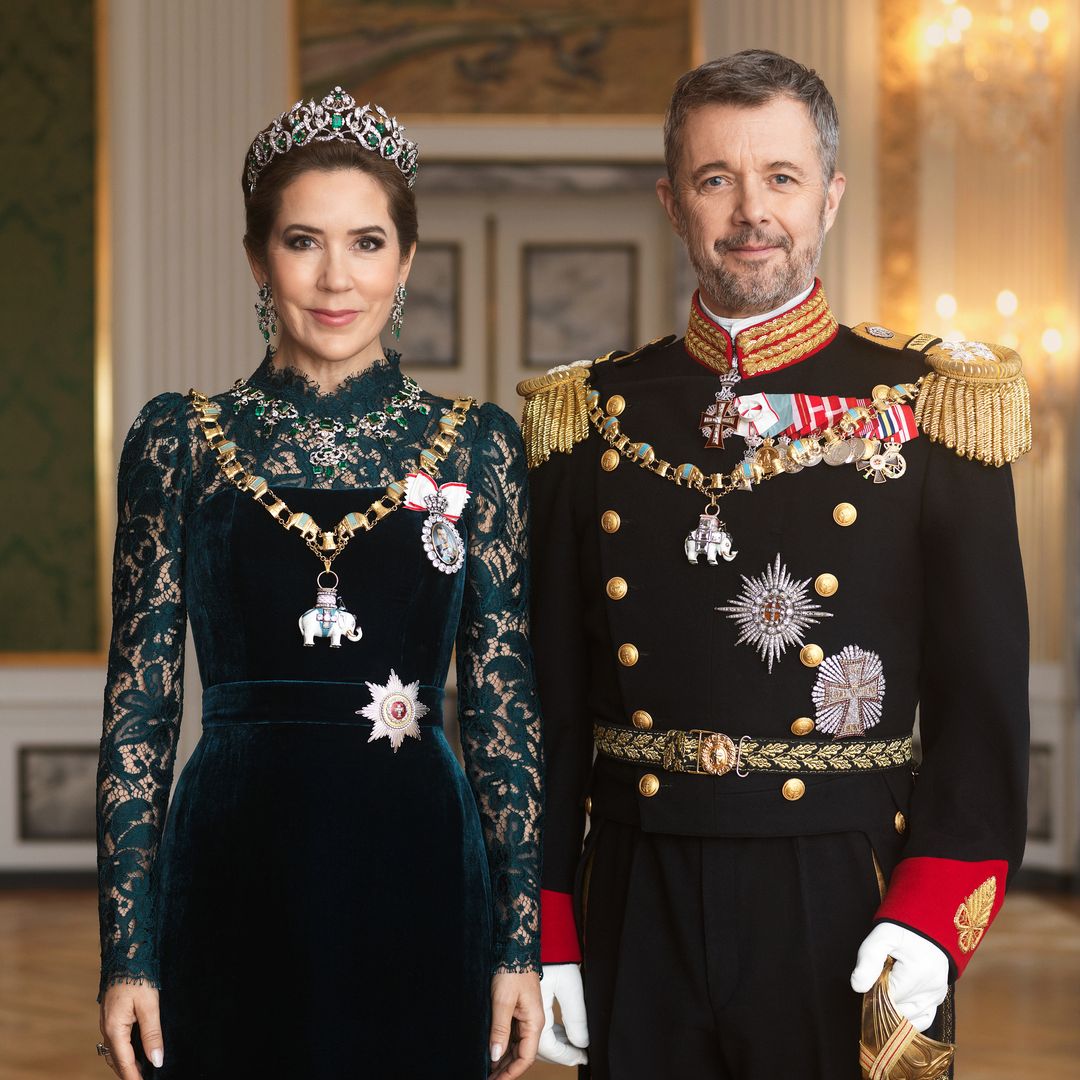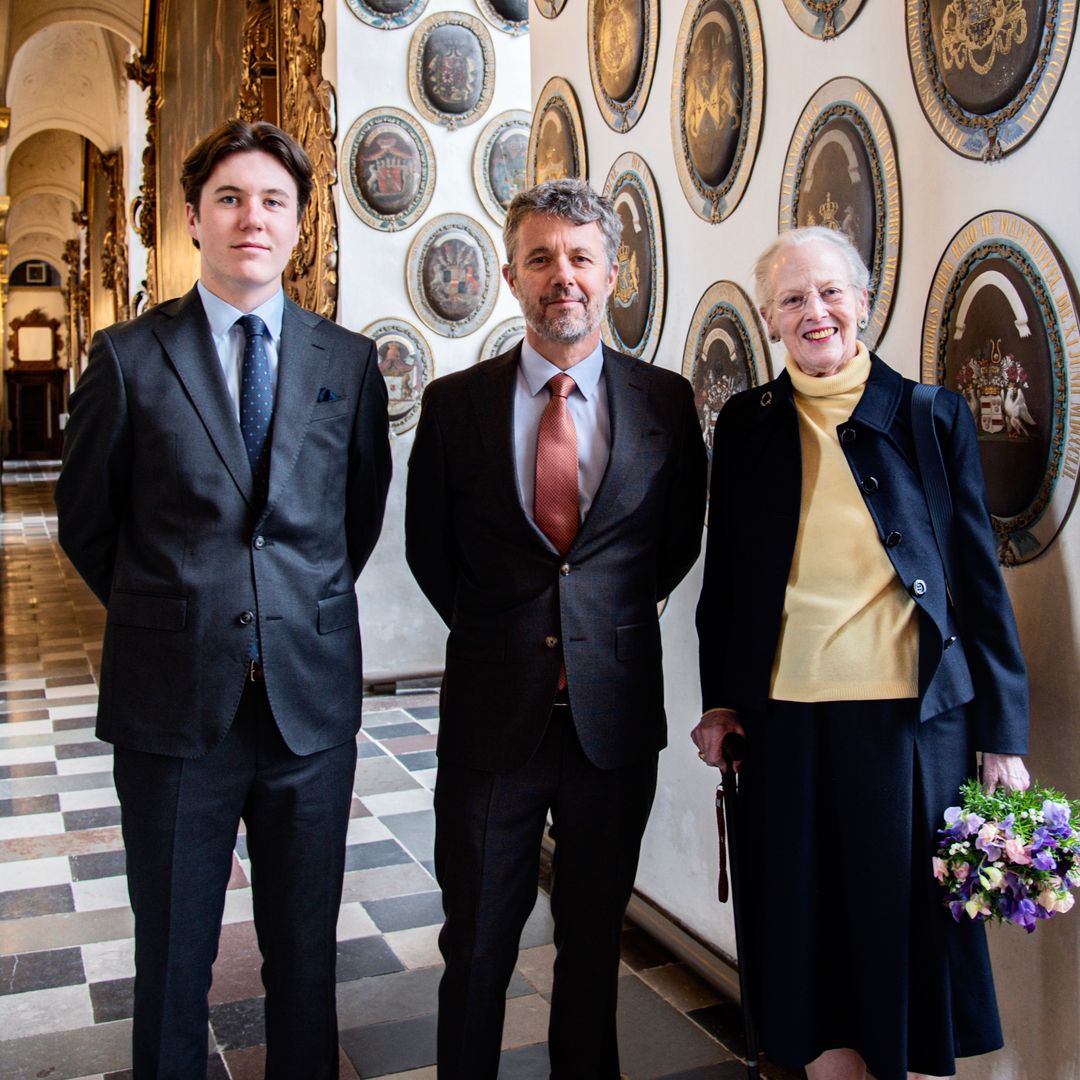Crown Prince Frederik will become King of Denmark on 14 January, following his mother Queen Margrethe's surprise abdication.
The Danish royal palace confirmed on Tuesday that the Crown Prince, 55, and his wife, Crown Princess Mary, 51, will be known as His Majesty King Frederik X and Her Majesty Queen Mary.
But unlike the British monarchy, there will be no formal coronation ceremony.
Instead, Frederik's accession will be announced from Christiansborg Palace in Copenhagen on the day.
Marlene Koenig, royal historian, tells HELLO! more about the history of Danish coronations and the changes in the last 175 years with the introduction of the Danish constitution.
"The UK monarchy is unique when it comes to crowning the Sovereign. In its history, Parliament has passed several acts that require the sovereign have a coronation ceremony after the accession," Marlene explains. "The first Danish coronation was in 1170 and the last in 1840 for King Christian VIII and his second wife, Caroline Amalie of Schleswig-Holstein-Sonderburg-Augustenberg, who succeeded in 1839 and died in 1848. The throne passed to his thrice-married son, Frederik VII, who had no surviving children."
Marlene continues: "Denmark was an elective monarchy until 1660. These elective monarchs had full coronation ceremonies, but the change to the hereditary monarchy in 1660 brought a new ceremony. The king and queen were anointed but no crowning. They came into the church wearing their crowns. By 1849, when Frederik VII succeeded, Denmark was a constitutional monarchy, and the anointing ceremony was abolished."
What will happen on King Frederik X's accession day?
Marlene tells HELLO!: "Since 1849, the new sovereign has been proclaimed as King or Queen by the Prime Minister. Margrethe was proclaimed queen on the balcony of Christiansborg Palace on 15 January 1972, the day after her father, Frederik IX died.
"This will be the first time that the proclamation (far less formal than the Accession Council where Charles was proclaimed) will happen because a Sovereign is abdicating, and not because of a death, so Frederik will not be wearing mourning clothes."
Is abdication common in Danish history?
While Edward VIII's abdication in 1936 sparked a constitutional crisis in Britain, Marlene says that abdication is not common in the Danish monarchy's history, with the last in its history when Eric III Lam stepped down in 1146.
She adds: "In numerous interviews and statements, Queen Margrethe had been adamant that she would not abdicate. In her speech, Margrethe alluded to her back surgery and that gave her thought about abdicating. Perhaps there are other health ailments not yet known.
"It was not on my royal bingo card for 2023, but it was the Queen's careful decision, not done lightly, and certainly not in haste.
"She said in her speech, 'The surgery naturally gave rise to thinking about the future - whether the time had come to leave the responsibility to the next generation.'"
While the likes of Belgium and Spain have seen their respective monarchs Albert II and Juan Carlos I abdicate in recent years in favour of their younger heirs, Marlene says: "Abdication is not as common in Europe as you think. The Netherlands and the Grand Duchy of Luxembourg have established abdication of the sovereign in favour of the next in line."
LISTEN: A Right Royal Podcast Christmas Special
